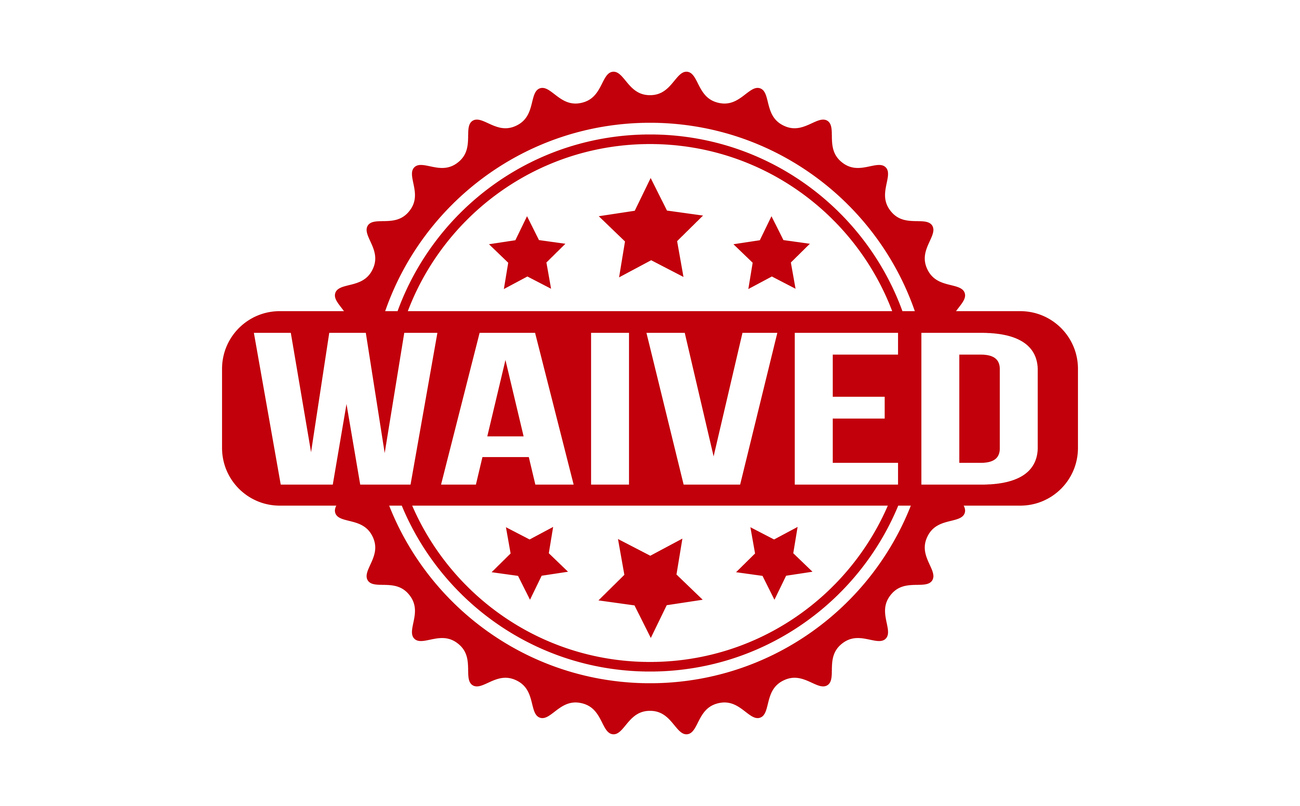What constitutes invoking appraisal? Does a carrier’s refusal to go to appraisal rise to the level of breach of contract?
East Richardson Baptist Church v. Philadelphia Indemnity Insurance Company,1 from the Dallas Court of Appeals, is an interesting case. The Church filed a claim and alleged $32,000 in damages. The carrier agreed to $10,400 in damages and paid it. The Church hired a public adjuster who found $36,000 in damages. Then the Church hired lawyers, who filed suit, but before filing suit the Church filed a formal demand for appraisal. The claim went to appraisal and the panel found $30,000 in damages. The carrier paid the difference between the prior payment and the appraisal award.
The Church went forward with its suit and the trial court granted summary judgment against the Church. The Church appealed asserting two theories on breach of contract. First, the Church alleged that the carrier breached the policy contract because the Church demanded appraisal during the claims handling process and the carrier refused to appraise. Second, breach of contract was proved because the appraisal award was more than what the carrier originally paid.2
To support its allegation that the Church invoked appraisal during the claims handling process, which was denied by the carrier, the Church pointed out two instances in the claim file where the Church or its public adjuster hinted at appraisal during the claims handling process. In one instance the carrier’s adjuster noted that the Church’s pastor, “said he would option for the appraisal provision in the policy.” The other instance was an email from the Church’s public insurance adjuster saying, “If we cannot reach an agreement then the insured is likely to invoke appraisal. . . .”
After citing Webster’s Dictionary on the definition of “would” the court held:
Even if e-mails from an adjuster to the insurer relaying conversations held with representatives of the insured could be considered a “written demand” by the insured, the statements in the e-mails, that Lewis “would option for the appraisal provision” and that he was “likely to invoke appraisal,” do not constitute a “demand” for appraisal of the loss…the statement that Lewis was “likely to invoke appraisal” indicated a likelihood that Lewis would invoke the appraisal process at some point in the future. However, neither statement put Philadelphia Indemnity on notice that the Church was making a present demand that the appraisal process set forth in the policy be followed for determining the amount of the loss. We conclude the Church has not presented any evidence showing it made a demand for appraisal under the policy.
One of my favorite movies is The Good, the Bad, and the Ugly. This case reminded me of Tuco’s famous line in the movie. “When you have to shoot…shoot. Don’t talk.” If you want to invoke appraisal write a letter and invoke appraisal. Hinting at it during the claims handling process won’t cut it.
https://youtube.com/watch?v=DZXlhSgq7us
1 East Richardson Baptist Church v. Philadelphia Indemnity Ins. Co., No. 05-14-01491-CV (Tex. App.-Dallas Mar. 30, 2016).
2 The Church based this argument on In Re Allstate County Mutual Ins. Co., 85 S.W.3d 193 (Tex. 2002) (orig. proceeding), but the appellate court dismissed the argument by distinguishing Allstate from the present case.




